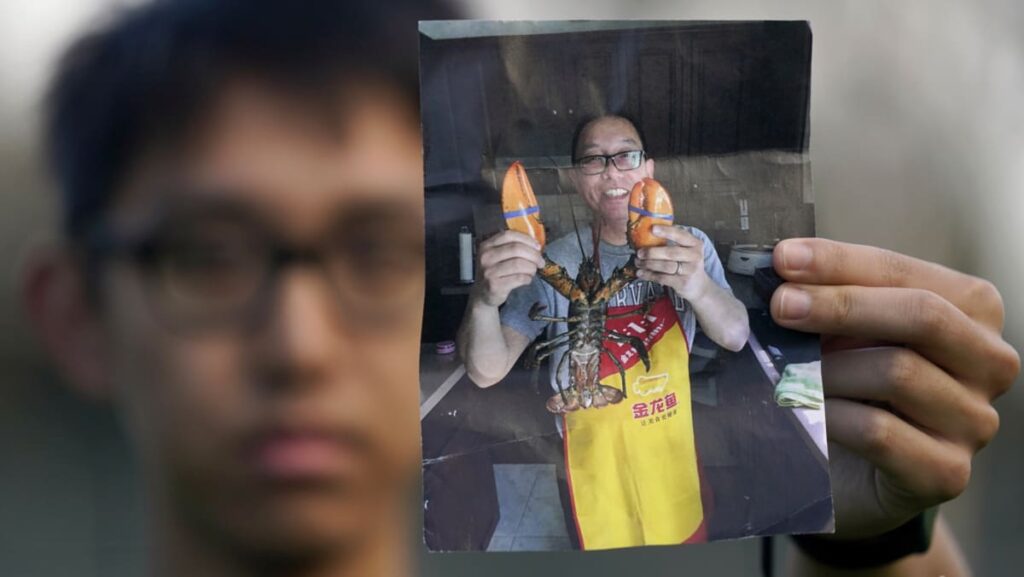WASHINGTON: China has released United States citizens Mark Swidan, Kai Li and John Leung, the White House said on Wednesday (Nov 27), concluding years of diplomacy over Americans that Washington says were wrongfully detained in China.
The Biden administration also upgraded its travel advisory for China, a move long sought by Beijing that US officials have tied to China’s detention of American nationals.
The National Security Council said in a statement the three men’s release meant all Americans it deemed wrongfully detained in China had now been released.
“Soon they will return and be reunited with their families for the first time in many years,” it said.
China’s embassy in Washington declined to comment. Beijing says such cases are handled according to law.
Politico, which first reported the release, said a number of Chinese citizens detained in the US would also be released.
Kai Li’s son, Harrison Li, said in a statement that his father was expected to land in the US at Joint Base San Antonio, Texas, late on Wednesday, and thanked Biden administration officials for working on the release.
“They delivered just in time for the holidays,” he said, referring to Thanksgiving on Thursday.
Li had been detained in China since 2016 on espionage charges he denied.
Texas-based businessman Mark Swidan was imprisoned for 12 years in China on drug-related charges and in 2019 was given a death sentence with reprieve, despite a lack of evidence.
John Leung was sentenced to life in 2023 and accused of being an American spy.
Senior US officials had raised the detainees in talks with Chinese counterparts over the years, but families feared their cases were overshadowed by other considerations in the complex and fraught US-China relationship.
A US official said President Joe Biden had pressed for the return of the three when he met Chinese President Xi Jinping this month at a regional summit in Peru.
Biden and Xi have worked to lower tensions in recent months by holding phone calls and meetings aimed at identifying areas they can work on together while still managing national security risks.
Read the full article here
